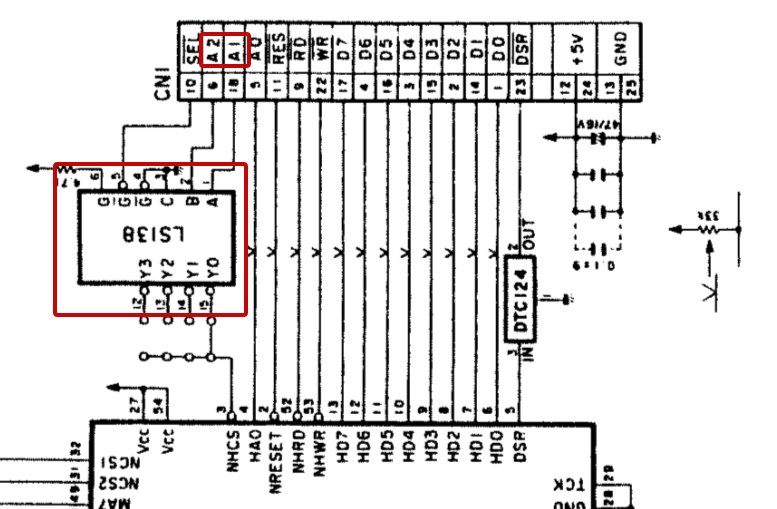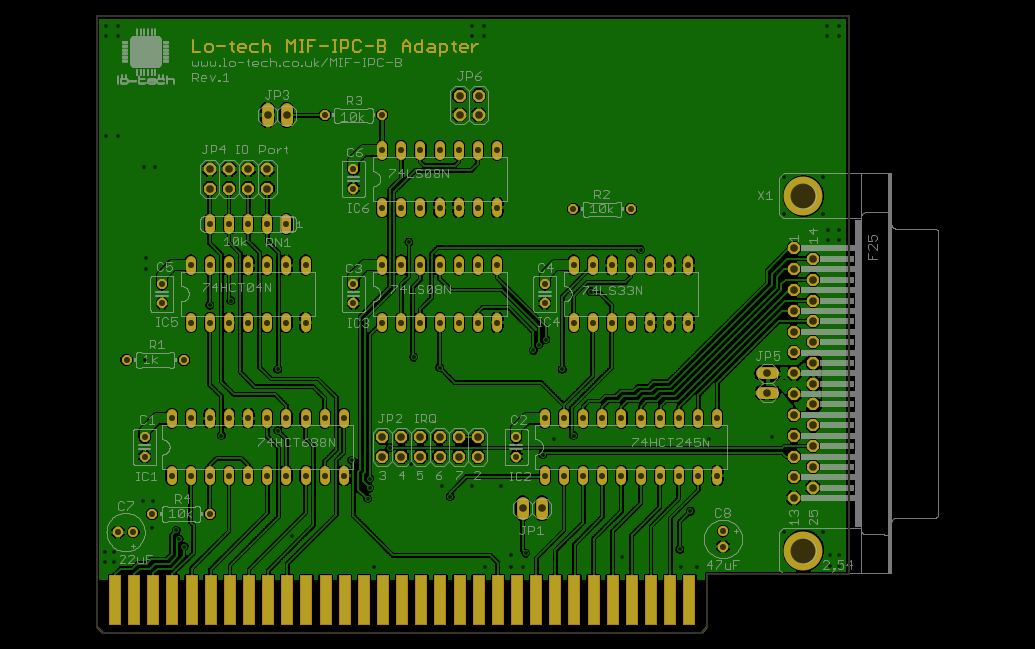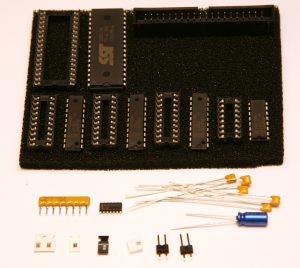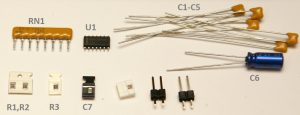It’s been a while since a new Lo-tech product was released, but “we’re back” with a new PCB, this time for the Yamaha C1 Music Computer, which is a kind of laptop (powered by 110V mains only) that has 8 MIDI ports on the back. It’s a pretty rare machine but there are certain musicians out there that love this little box.
So here is the Lo-tech C1 Music Computer IDE Adapter:
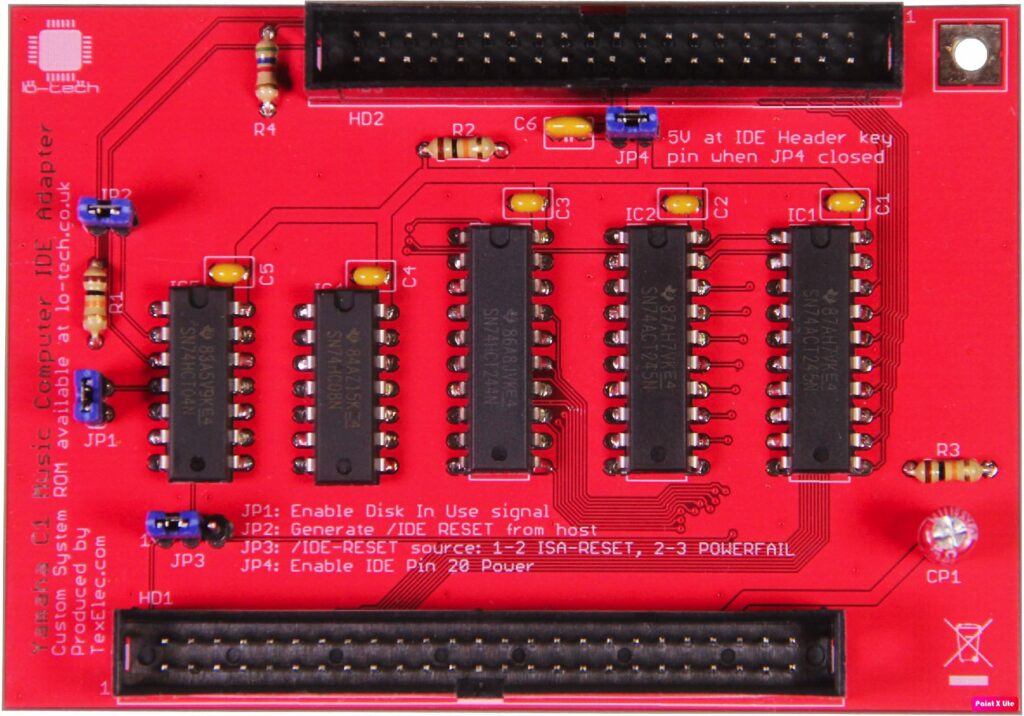
This board differs from the other Lo-tech storage products because it’s a conventional 16-bit IDE interface – the C1 is an 80286 equipped machine. It replaces the MFM controller (if fitted) just under the keyboard and is coupled with a patched system ROM, which must be written out to a pair of 27C256 EPROMs to replace the stock system ROM. Once done and the board fitted, the machine will be able to boot right up from an attached ATA hard drive, CompactFlash card, or SD card via a suitable adapter.
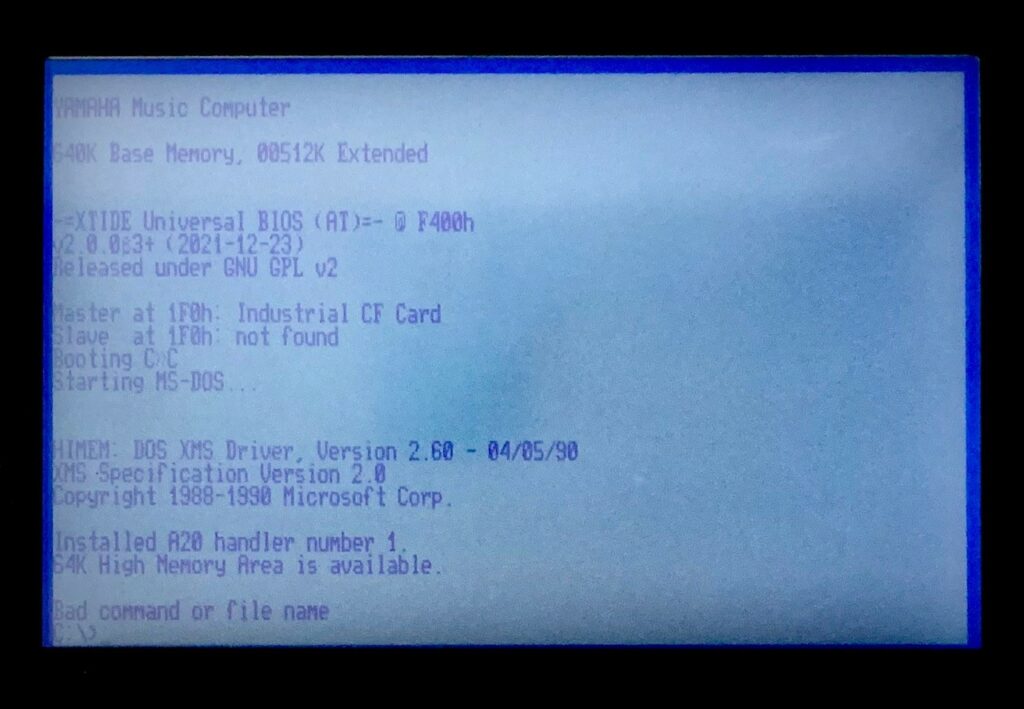
Performance
This board is a full 16-bit IDE controller and as such the 12MHz 80286-based C1 will achieve 2MB/s from a CompactFlash card and up to about 100 IOPs.
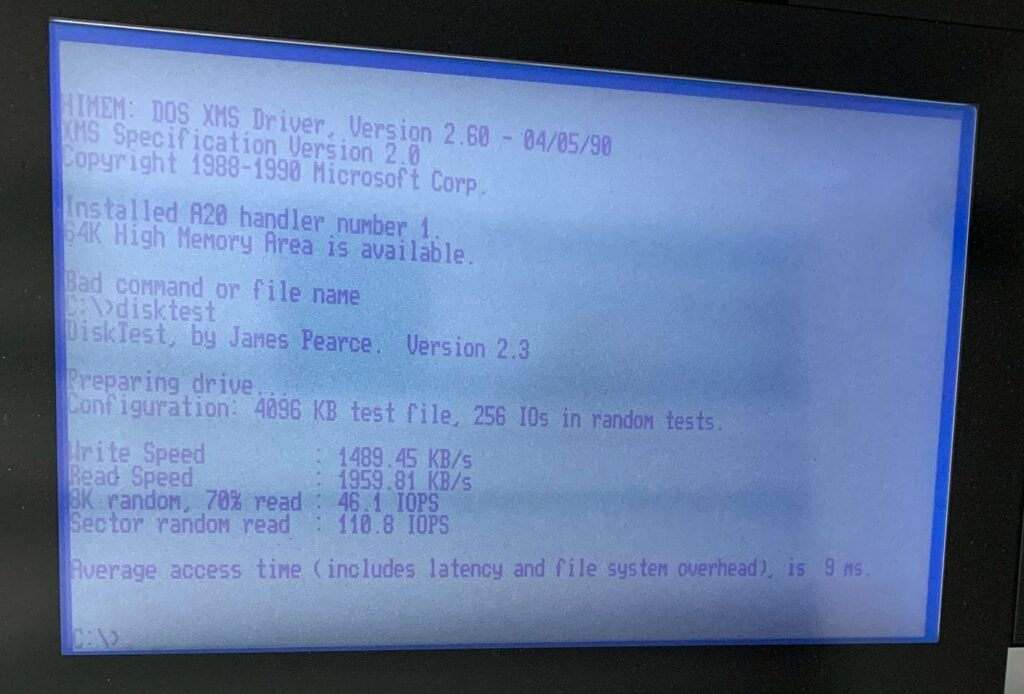
Product Documentation
The Lo-tech Wiki has full product documentation and downloads, including the ROM images:
Lo-tech Yamaha C1 Music Computer IDE Adapter – Lo-tech Wiki
The ROM image is provided in two files, since the machine used two 8-bit ROM chips to create a 16-bit system ROM. Each ROM chip (IC39 and IC40) is a 32K 27C256. The patched version includes the XTIDE Universal BIOS (XUB) pre-configured for the card.
Please note that there are DIP switches within the C1 that need to be appropriately set and some jumpers on the card that must also be set correctly for this adapter to work. These are documented in the wiki.
Special Thanks
Special thanks are due to a number of people that have made this product possible.
VCFED user eeguru purchased and sent me the service manual.
Kevin @ TexElec managed to acquire and then ship me a working (and re-capped) C1 earlier this year to help get this board tested. Since the machine is 110V only, it’s never been available here in the UK as far as I know.
XUB developer Krille figured out the weird checksum algorithms Yamaha used in the BIOS. I have no idea how he managed to reverse engineer this, but his work completely cleared two years of deadlock in getting this board working.
And, as always, the many VCFED users that have helped with information about the machine and testing of early releases etc.
Availability
This board will be available to order as a fully assembled, finished product from TexElec here soon. These will be made to order due to the very small remaining userbase of these machines so the shipping times may vary.


